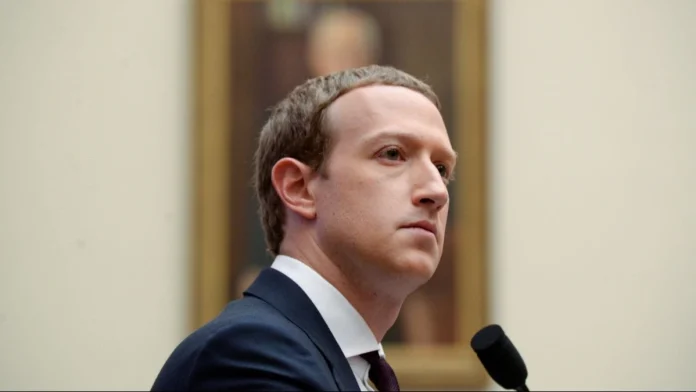A New Mexico judge has granted Mark Zuckerberg’s request to be removed from a lawsuit alleging his company’s failure to protect young users from sexual exploitation on social media platforms. The ruling marks a significant development in ongoing legal battles between states, school districts, parents, and Meta (formerly Facebook) over child safety concerns on social media. The case, initiated by New Mexico Attorney General Raúl Torrez following an undercover online investigation, is part of a broader trend of lawsuits nationwide addressing child exploitation concerns associated with social media platforms.
While granting Zuckerberg’s request, Judge Bryan Biedscheid denied Meta’s motion seeking dismissal of the state’s claims, allowing the case to proceed against the social media giant. Torrez hailed the decision as a crucial step forward in holding Meta accountable, breaking a trend of legal challenges against the company being thwarted. He emphasized the significance of addressing child sexual exploitation claims, signaling accountability for social media platforms that harm their users.
The New Mexico lawsuit is just one of many legal actions targeting Meta and its platforms over concerns about child exploitation. Similar lawsuits have been filed by states, school districts, and parents across the United States, reflecting growing apprehensions about the impact of social media on young people’s lives. Congressional hearings and public debates have further highlighted these concerns, underscoring the urgency of addressing child safety issues in the digital age.
In late October, attorneys general from 33 states, including California and New York, alleged that Instagram and Facebook feature designs intended to hook children and contribute to a youth mental health crisis. These claims, coupled with ongoing legal battles, underscore mounting pressure on Meta to address issues related to child safety and the impact of its platforms on young users.
While Zuckerberg’s removal from the lawsuit represents a legal victory for Meta, Judge Biedscheid indicated that the executive’s involvement could be revisited depending on future evidence presented in the case against Meta. Torrez’s office remains open to the possibility of naming Zuckerberg individually in the future, underscoring ongoing efforts to hold Meta executives accountable for their company’s actions.
During the court hearing, Meta’s attorneys argued against establishing personal jurisdiction in New Mexico, asserting that the company’s activities were not specifically directed towards residents of the state. However, prosecutors countered by highlighting Meta’s role in disseminating harmful content through complex algorithms, emphasizing the company’s responsibility in addressing design features that contribute to harmful interactions on its platforms.
Recent charges filed against three men accused of soliciting sex with children on Meta’s platforms further underscore the urgency of addressing child safety concerns. The arrests, stemming from a monthslong undercover operation by the New Mexico Department of Justice, highlight the real-world consequences of online exploitation facilitated by social media platforms.
In response to allegations of negligence, Meta has defended its safety measures, citing technology used to prevent suspicious adults from interacting with children and teens on its apps. The company also claims to collaborate with law enforcement agencies in investigating and prosecuting offenders. However, internal documents uncovered as part of the New Mexico lawsuit suggest widespread incidents of child sexual harassment on Meta’s platforms, raising questions about the effectiveness of the company’s safety measures.
Overall, the New Mexico lawsuit and broader legal challenges against Meta reflect growing concerns about child safety in the digital age. As the legal battles continue, stakeholders emphasize the importance of holding social media platforms accountable for their role in facilitating harmful interactions and prioritizing the safety and well-being of young users.























